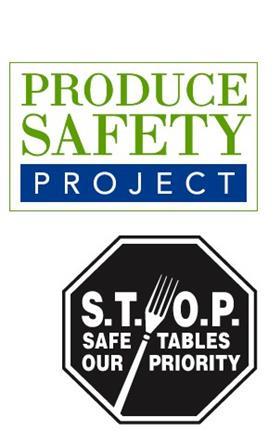
The response and investigation of produce-related foodborne illnesses in the US varies greatly and can lead to delays in public-health response, according to a survey commissioned by the Produce Safety Project (PSP) and conducted by Safe Tables Our Priority (S.T.O.P.).
Despite the increase in the number of multi-state outbreaks of illnesses linked to fresh produce over the past several years, only 25 of the 39 states which responded to the survey asked victims about specific produce items – even if the item was associated with a past outbreak.
“It is important to learn from our experience, and so it is surprising that many states are failing to ask about fruits and vegetables on their questionnaires given to foodborne illness victims,” said Jim O’Hara, PSP director.??“The lack of food attribution data and especially attribution to produce is astounding considering the large burden of foodborne illness in the US,” explained Donna Rosenbaum, executive director of S.T.O.P.
“It all starts with finding out what the person ate. The public health system cannot find what it’s not looking for or asking about. We certainly cannot fix the food safety system when we don’t know exactly where and how the contaminated produce makes it into the marketplace and onto consumers’ plates.”
Nearly 60 per cent (23 out of 39) of the responding states indicated that they are unable to electronically link their investigative data for analysis. An improved food safety system would include data from multiple sources in a single system that investigators can analyze quickly and efficiently, according to PSP.
“A critical step in improving our food safety system is better coordination on the types of information collected and better integration of that data at the state and local level,” Mr O’Hara said.
“There are important lessons learned in the data we collected which can lead to best practices being adopted, and ultimately to lives saved,” Ms Rosenbaum added.



